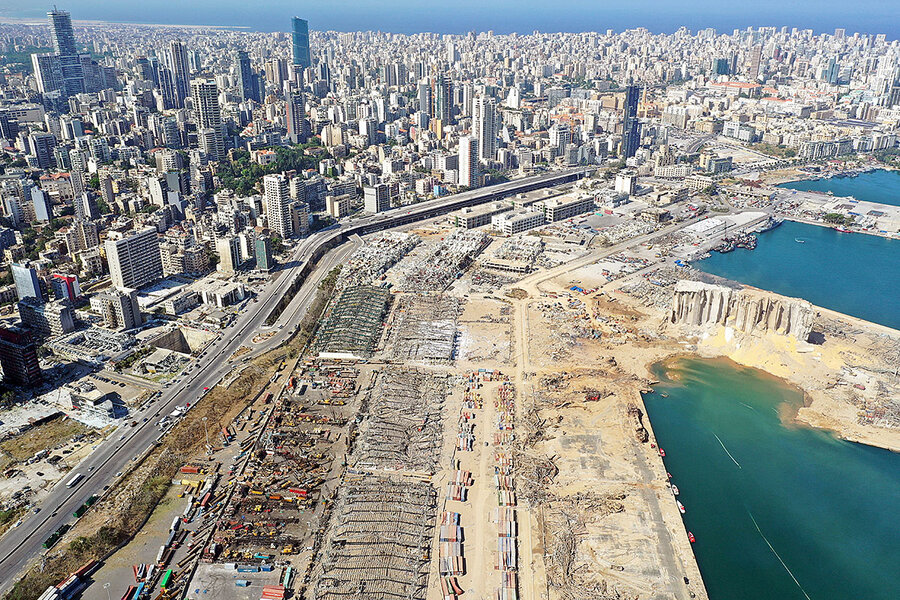Project Narrative
Lebanon is currently battling a myriad of political, economic, social, and managerial challenges - among others [Lebanon, 2022]. Thus, considering these conditions, both community interaction and healing have been severely hindered. This brings forth the issue of underutilized open/public spaces. In Beirut, especially in the less affluent areas, many spaces deemed ‘public’ are, in fact, not open to the public - or at all. Most of the country’s public spaces are occupied by sectarian and political conflicts, ideological slogans, and religious symbols - revealing Lebanon’s political division and the constant struggle over which party ‘monopolizes’ the public sphere [Aoun, 2020]. Consequently, the public makes use of private spaces to engage in certain activities: informal housing, car parking, entrepreneurial ventures, and play. Professor David Gouvernor, leading the project at the University of Pennsylvania, comprehensively discusses with Studio Madane the objective of this project, detailed below:
“The goal is to keep the areas from informal occupation—to avoid losing the public realm. The trick here is to select the appropriate ‘custodians’ that will keep an eye on the land until the community clearly identifies them as public places and starts defending them on its own. For this idea to be successful, the custodians should be institutions, community organizations, or even individuals that the community trusts. They should also be able to give the best uses to these “open spaces,” providing a sense of cultural attachment, from the earliest phases of occupation.”
“The goal is to keep the areas from informal occupation—to avoid losing the public realm. The trick here is to select the appropriate ‘custodians’ that will keep an eye on the land until the community clearly identifies them as public places and starts defending them on its own. For this idea to be successful, the custodians should be institutions, community organizations, or even individuals that the community trusts. They should also be able to give the best uses to these “open spaces,” providing a sense of cultural attachment, from the earliest phases of occupation.”
